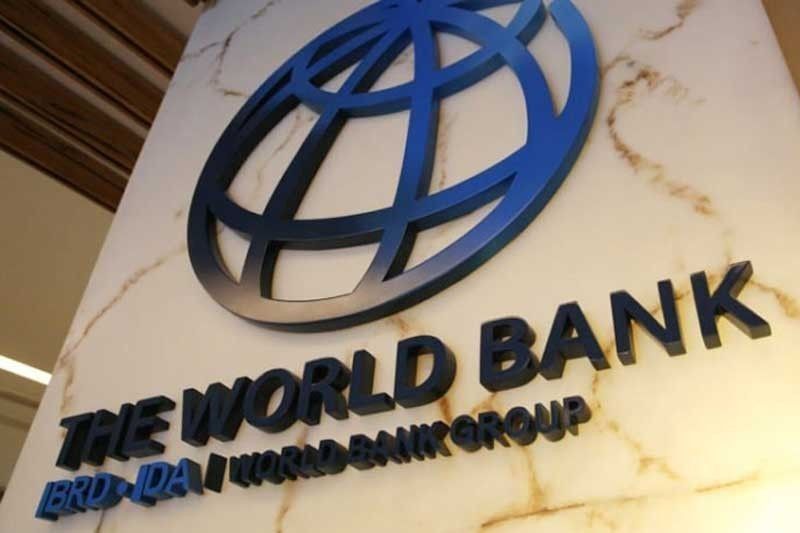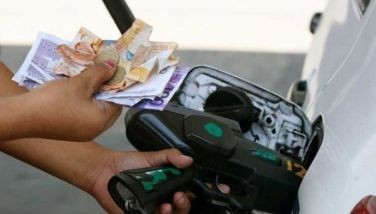World Bank extends $400 million development policy loan to Philippine

MANILA, Philippines — The World Bank has approved a $400-million development policy loan (DPL) to help the Philippines undertake reforms on competitiveness and fiscal sustainability as well as strengthen financial resilience to natural disasters and climate change impact.
DPLs provide quick-disbursing assistance to countries undertaking reforms.
These typically support policy and institutional changes needed to create an environment conducive to promoting sustained and equitable growth as defined by borrower countries’ own development agenda.
World Bank said this approved DPL supports efforts at streamlining processes to reduce the cost of doing business; establishment of the foundational ID system to improve efficiency and transparency of public and private services; enhancing access to financial services through improved payment systems; and strengthening management of public assets and fiscal risks to natural disasters and climate change impacts.
This loan is part of the commitments under the bank’s new Country Partnership Framework (CPF) for the Philippines for 2019-2023, which prioritizes investments in human capital (health, education, and nutrition); competitiveness and job creation; peace building; climate and disaster resilience; governance; and digital transformation.
The new CPF so far comprises commitments for various projects worth over $4 billion between fiscal years 2020-2022.
“With the new Country Partnership Framework, the World Bank Group renews its commitment to support the Philippines by mobilizing financing, global knowledge and technical expertise to support reforms and programs that help speed up poverty reduction and promote greater inclusion,” said Victoria Kwakwa, World Bank vice president for East Asia and the Pacific.
World Bank country director for the Philippines Mara Warwick said that amid the strong growth trajectory of its economy, the Philippines still has to make growth more inclusive.
The Philippines has nearly doubled GDP per capita over the past two decades, from $1,607 in 2000 to $3,022 in 2018, and is poised to cross the threshold from lower-income country status to upper-middle-income country in the next few years.
The country is making good progress in reducing poverty, owing in large part to the expansion of jobs outside farming and fishing, expansion of social protection, and remittances from local and overseas workers. Based on the national poverty line, the poverty rate dropped from 26.6 percent in 2006 to 21.6 percent in 2015 and 16.6 percent in 2018.
“The Philippines can deepen inclusive growth and broaden shared prosperity by tackling child malnutrition and learning gaps in education; promoting policies that create more and better jobs for Filipino workers; and focusing on the dual risk of conflict and natural disasters that hurt poor communities,” she said.
“The new Country Partnership Framework aims to help overcome the core constraints that continue to hamper the country’s efforts to address the remaining vulnerability of many Filipino families.”
The World Bank, Warwick added, will support a cohesive approach to Mindanao’s development and intensify efforts to engage the Bangsamoro Autonomous Region in Muslim Mindanao (BARMM), including reconstruction support for Marawi.
For example, the bank will support projects that link remote communities to main markets, ports, and key growth corridors.
The CPF is a joint strategy of the three members of the World Bank Group (WBG): the International Bank for Reconstruction and Development (IBRD), also known as the “World Bank”; the International Finance Corporation (IFC), which is focused on the private sector in developing countries; and the Multilateral Investment Guarantee Agency (MIGA), which provides political risk insurance to private sector investors and lenders.
- Latest
- Trending


























